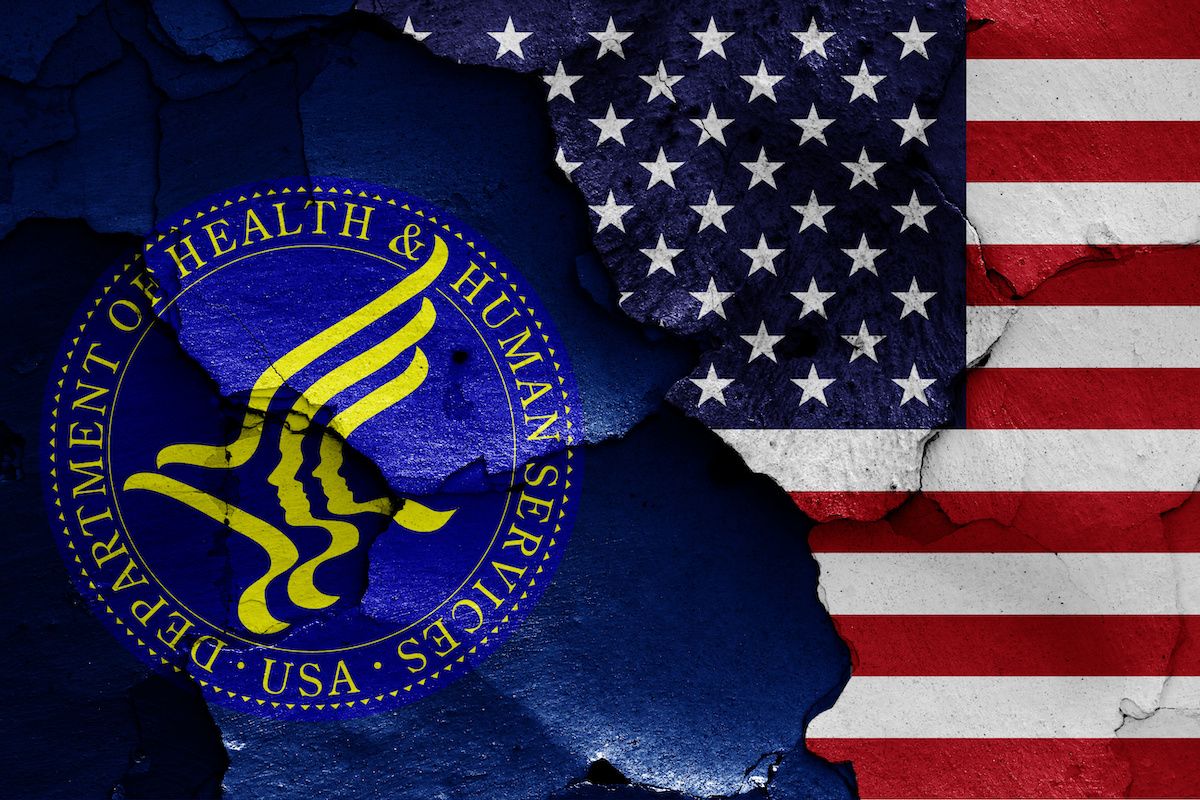Article
Chronic NSAID use and ulcers
Sept. 28 - Washington, D.C. - Chronic NSAID users who are at high risk for gastric and duodenal ulcers should be placed on gastroprotective therapy immediately, Edward Zurad, MD, clinical assistant professor of family medicine, Temple University, Philadelphia, told attendees at the AAFP Scientific Assembly.
Sept. 28 - Washington, D.C. - Chronic NSAID users who are at high risk for gastric and duodenal ulcers should be placed on gastroprotective therapy immediately, Edward Zurad, MD, clinical assistant professor of family medicine, Temple University, Philadelphia, told attendees at the AAFP Scientific Assembly.
"Who is at high risk for NSAID-induced gastric ulcers" asked Zurad. "Drinkers, smokers, the elderly, patients on either Coumadin or aspirin and most importantly, patients with a previous history of peptic ulcer disease."
Zurad emphasized that physicians need to ask all chronic NSAID users about their concomitant use of aspirin. "We often forget that a lot of NSAID users also use aspirin, which increases the risk of ulcer 2- to 5-fold," he said.
Other high-risk patients include those on high doses of NSAIDs and patients on corticosteroids.
The risk of an ulcer complication-such as a perforation, obstruction or bleed-is highest within the first 90 days of NSAID use, Zurad said.
Gastroprotective therapies are PPIs, double dose H2RAs, and misoprostol. However, only misoprostol has been directly shown to reduce the risk of ulcer complications such as perforation, hemorrhage, or obstruction, Zurad qualified. Misoprostol must be taken at 800ug/day and is associated with diarrhea; lower doses are less effective and still cause diarrhea.
Zurad noted that NSAIDs are among the most frequently prescribed medications in North America and that serious adverse drug reactions are very common-"107,000 people are hospitalized and 16,500 die annually as a result of NSAID therapy," he said.
Among chronic NSAID users, the risk of complicated ulcer is 1%-2% per year.





